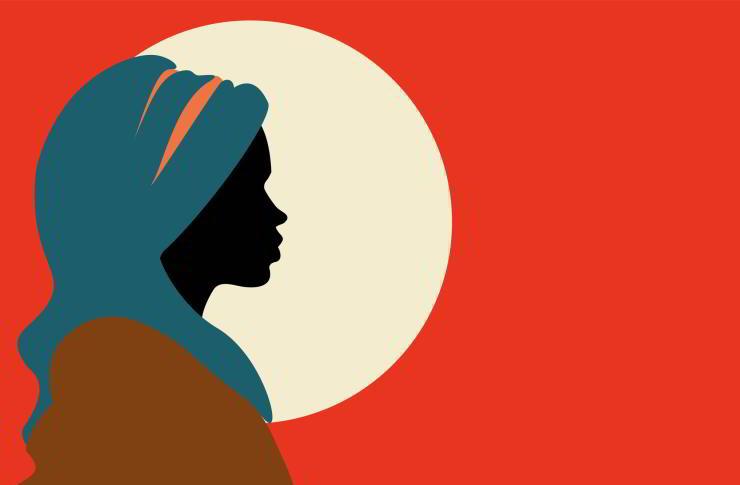Judith had a deep and unshakeable faith in God, and her story is a true example of love and faithfulness to Him. A wise and courageous woman, she is a symbol of commitment to life.
Judith was a widow who lived in the city of Bethulia. She had been married to Manasseh. A woman devoted to God, Judith “fasted all the days of her widowhood, except on the Sabbath and its eves, on the feasts of the new moon and its eves, on feasts and days of joy for the house of Israel” (Judith 8:6).
It so happened that a great threat of destruction arose for the people of Israel, and especially for the city of Bethulia, causing the people to want to surrender to the enemy. Holofernes, general of Nebuchadnezzar, king of Assyria, an overbearing and insolent enemy of God, surrounded the city of Bethulia with tens of thousands of men and prevented them from having access to water and food.
For this reason, after thirty-four days of siege, “the water containers of the inhabitants of Bethulia became empty; their cisterns began to run dry without water to drink their daily portion, since water was rationed” (Judith 7:20–21).
In this situation, the people decided to surrender to the enemy: “We should be their prey. We will be their slaves, but our lives will be spared, and we will not have to watch our children die before them in a great destruction” (Judith 7:27). They resolved to remain in the city for five more days and then surrender to General Holofernes and his army, who were thirsty for destruction and plunder.
After learning of the people’s decision, Judith, with the impetus and courage of a prophetess, called the elders to her house and tried to dissuade them: “Despite everything, let us give thanks to the Lord our God, who is testing us, just as He did our fathers” (Judith 8:25). Trusting in God, she devised a plan: to leave the city with her slave girl, go to meet General Holofernes, and succeed in killing him. And so she did.
With her physical beauty, intelligence and skill in argument, she managed to convince the powerful general that the people would be punished by their God and that he would not lose any of his men in this battle; he need only wait.
During her time in the camp, Judith remained fully in tune with God, praying constantly. Her beauty did not go unnoticed, and the general desired her. One night, after a banquet, Judith stayed in the general’s tent, where he had become very drunk. Taking advantage of his weakness, she cut off his head and returned to the city.
The people realised that God had not abandoned them and that, through a widowed woman, He was able to show His strength and greatness. Judith was brave and risked her own life to set her people free. She won the esteem of the community with her wisdom and courage, and became the pride of Israel (cf. Judith 15:9).
The story of Judith shows us how our ways are not God’s ways. Time and again, the Lord has shown us that we look at appearances and social customs. Who would have thought, at that time (or even in this one), that the cunning of a widow would defeat a large army led by a powerful general?
She can sing that God brings down the mighty and lifts up the humble. God knows what He is doing, and He knows who loves Him and follows Him with a sincere heart. That is why Judith, faithful to God and full of holy fear, understood how deeply God loves His people and does not abandon them.
This biblical book also helps us understand that, at various times in our lives, we do not always trust God fully or follow His commandments of love, eternity and peace.
Sadly, we continue to be plagued by wars in our world: Ukraine, the Middle East, Sudan, Mozambique, Ethiopia, and so many other countries. We continue to be enslaved by various powers, whether political, economic or otherwise. We continue to live in a world in which God is not considered important. But we also have our internal and personal wars: our own personalities and all the challenges we are called to face each day; our family life, our work, our social relationships… Where is God in every aspect of our lives?
In God’s plan, we are all important and each of us has a vocation and mission to fulfil. In the words of St John Paul II, Judith “is an exemplary figure also to express the vocation and mission of women, called to equality with men, according to their specific characteristics, to play a significant role in God’s plan” (General Audience, 29 August 2021).
(Pedro Nascimento) – (iStock/Jorge Martinez)






